Biggest Misconceptions About Pit Bulls
Pit bulls can’t catch a break. Thanks to decades of bad headlines and half-baked rumors, these dogs are still battling outdated myths, but the facts tell a different story. We’ve listed common pit bull myths and the real facts that prove them wrong.
Pit Bulls Are All the Same Breed
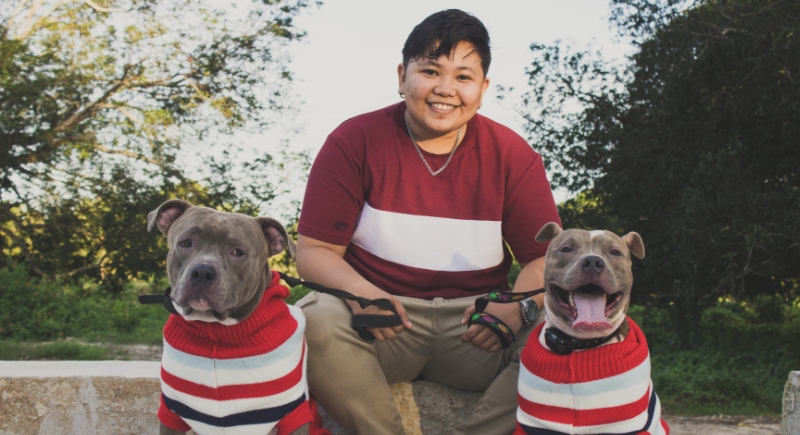
Credit: pexels
The term “pit bull” actually covers several breeds, including the American Pit Bull Terrier, Staffordshire Bull Terrier, and American Staffordshire Terrier. Many mixed-breed dogs get lumped in, too, even when they aren’t related.
You Can Identify a Pit Bull Just by Looking
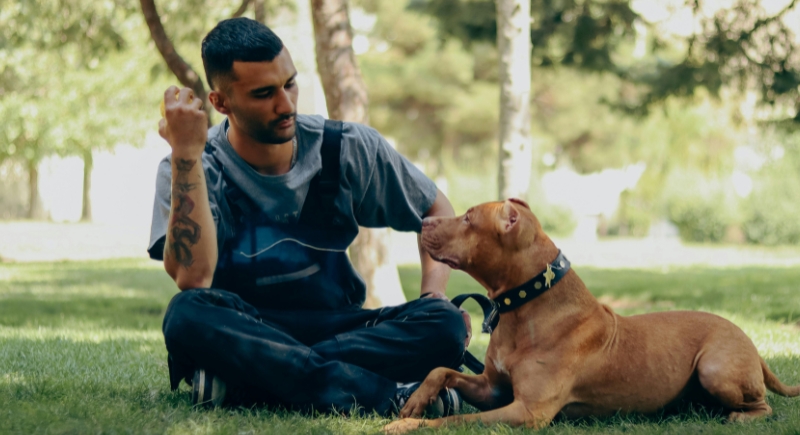
Credit: pexels
Think you can spot a pit bull in a lineup? A 2015 study found that even professionals often mislabel mixed-breed dogs as pit bulls based solely on looks. Because so many breeds can produce short-haired, blocky-headed dogs, visual ID often leads to mistakes and unfair assumptions.
They Were Bred Only for Fighting
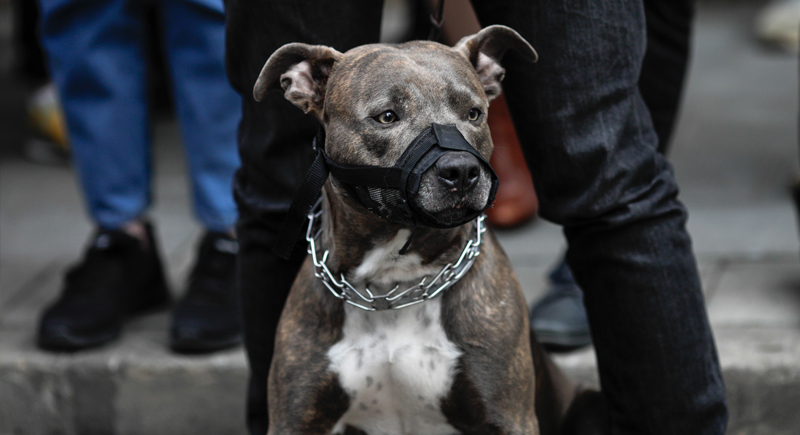
Credit: iStockphoto
Yes, pit bulls have a complicated history, but it isn’t all about fighting. They were once valued as farm dogs, family guardians, and heroes. Sgt. Stubby, a pit bull-type dog, served in WWI and earned official honors. Many of today’s pit bulls come from lines bred for companionship.
Pit Bulls Have Locking Jaws
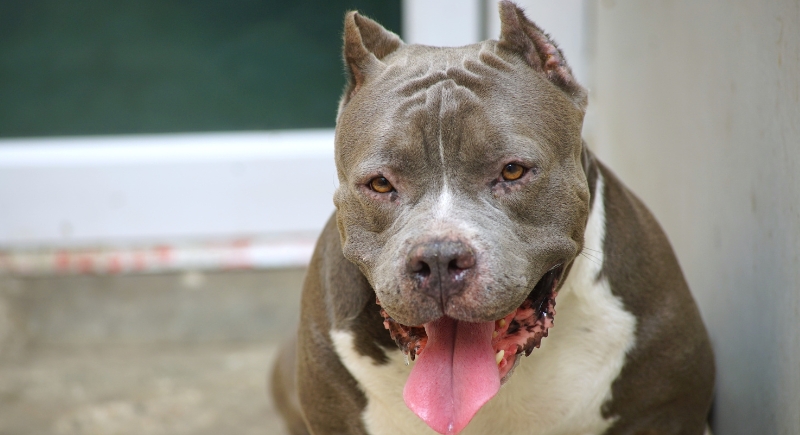
Credit: Getty Images
Let’s put this one to bed: no dog has a “locking” jaw. Dr. Lehr Brisbin of the University of Georgia studied the structure and confirmed there’s nothing unique about a pit bull’s bite mechanics. They don’t clamp down harder or longer—they’re just regular dogs with strong jaws.
They’re Born Aggressive
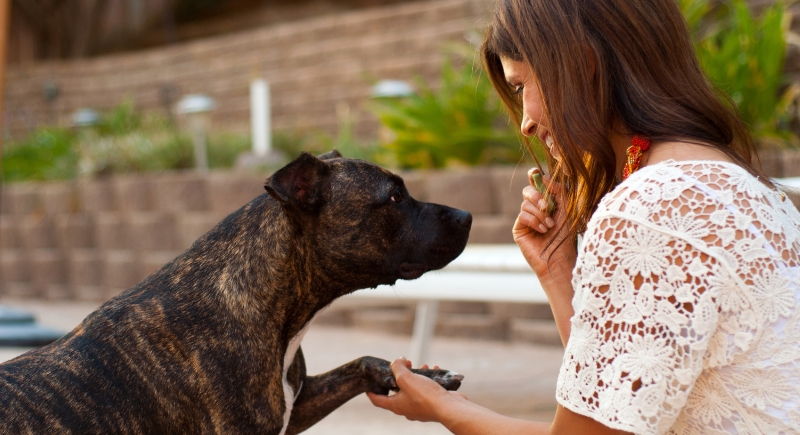
Credit: Getty Images
Aggression doesn’t come pre-installed. Like any dog, a pit bull’s behavior is shaped by training, socialization, and environment. Labeling them as aggressive at birth is like assuming every toddler is a future troublemaker. Trainers stress the importance of early bonding and structure—things that matter far more than breed.
Their Brains “Swell” and Make Them Go Crazy
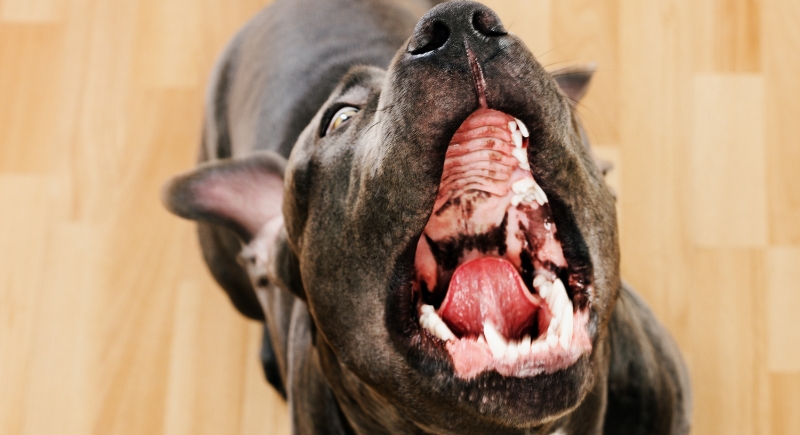
Credit: Getty Images
This old rumor won’t die, but it has no medical basis. If that were true, they’d suffer fatal neurological damage. Brain swelling only occurs due to trauma or disease, just like in any other animal. Pit bulls don’t “snap” because of biology.
Pit Bulls Don’t Get Along With Other Dogs
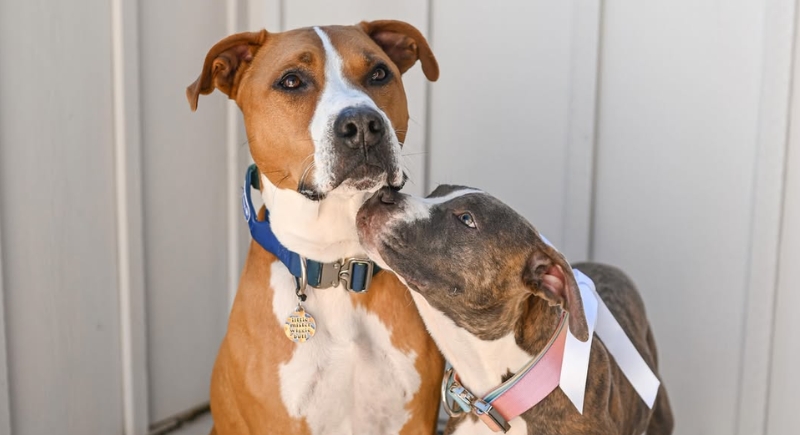
Credit: Instagram
Just like with any breed, a pit bull’s comfort level around other animals depends on factors like early socialization and the individual dog’s personality. While they may need slower introductions or a more experienced owner, many live peacefully alongside other dogs, cats, and even rabbits.
They Have the Strongest Bite
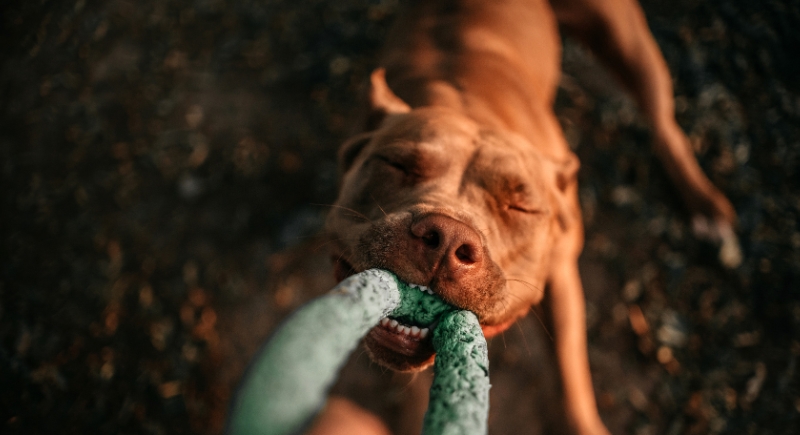
Credit: Getty Images
The “1,600 PSI” rumor has been tossed around without any credible science behind it. The American Veterinary Medical Association even states that bite strength varies more by size and jaw structure than by breed. Larger dogs, such as mastiffs and rottweilers, typically have higher bite force measurements.
Pit Bulls Can’t Be Trusted With Kids
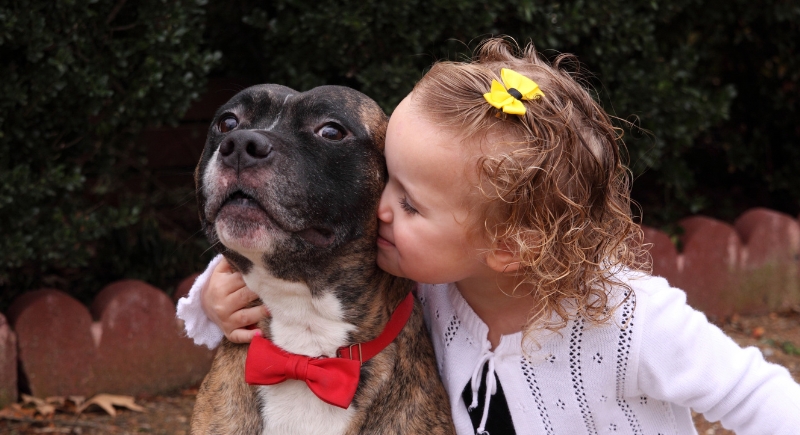
Credit: Instagram
Ironically, pit bulls were once nicknamed “nanny dogs” for their gentle nature with children. The Humane Society of Harrisburg and other groups say breed alone doesn’t determine how well a dog will behave with young ones—it’s about training and temperament.
Most Dog Attacks Involve Pit Bulls
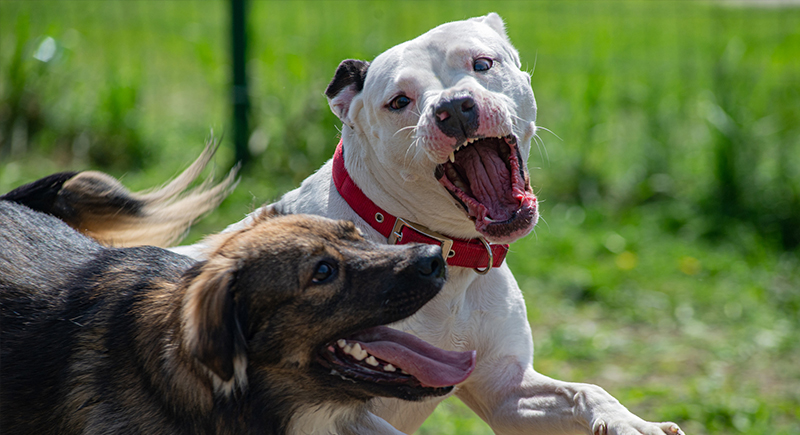
Credit: iStockphoto
This myth persists partly due to media headlines. Yet, peer-reviewed studies show major problems with breed misidentification. In fact, over 40% of cases used visual guesses. Pit bulls are often overrepresented in bite reports, even when the involved dog wasn’t actually a pit bull at all.
Rescue Pit Bulls Aren’t Safe

Credit: Getty Images
Reputable shelters thoroughly assess dogs for temperament and health before adoption. According to the American Pit Bull Foundation, most rescue groups won’t place dogs with aggression issues. Like with any rescue dog, learning about the individual dog’s background and personality helps set everyone up for success.
Pit Bulls Need Harsh Training Methods
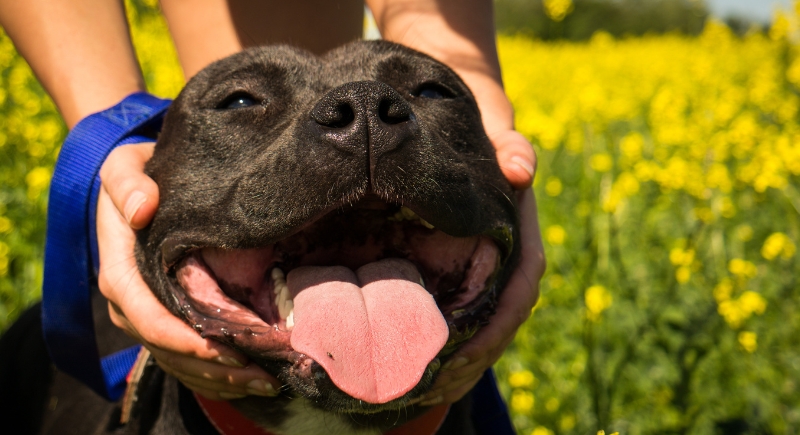
Credit: Getty Images
Modern trainers, including the American Veterinary Society of Animal Behavior, recommend positive reinforcement for all dogs, pit bulls included. Reward-based training helps build trust and encourages good behavior without fear or punishment. A heavy-handed approach can actually damage the bond between dog and human.
They Don’t Make Good Family Pets
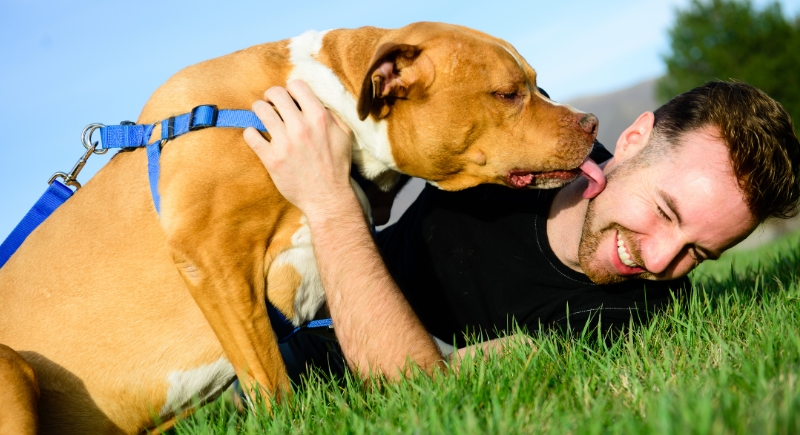
Credit: Getty Images
Many families adore their pit bulls for their loyalty, affection, and goofy personalities. The American Staffordshire Terrier, for example, scores high in family friendliness, according to the American Kennel Club. What matters most is how the dog is raised, trained, and integrated into the household.
Pit Bulls Only Respect Alphas

Credit: Getty Images
That whole “alpha dog” theory is outdated. The original dominance model came from observing captive wolves in artificial environments. Behaviorists now know dogs don’t function that way. Pit bulls don’t need to be shown who’s boss—they need consistent, kind leadership and good communication.
Pit Bull Owners Are All Irresponsible

Credit: Instagram
Some people link pit bulls with illegal behavior, but many loving, responsible owners have pit bulls as pets, therapy dogs, and even wedding attendants (just ask Lake Bell). Celebrities like Jon Stewart, Jessica Biel, and Patrick Stewart have proudly adopted pit bulls and advocated for their fair treatment.